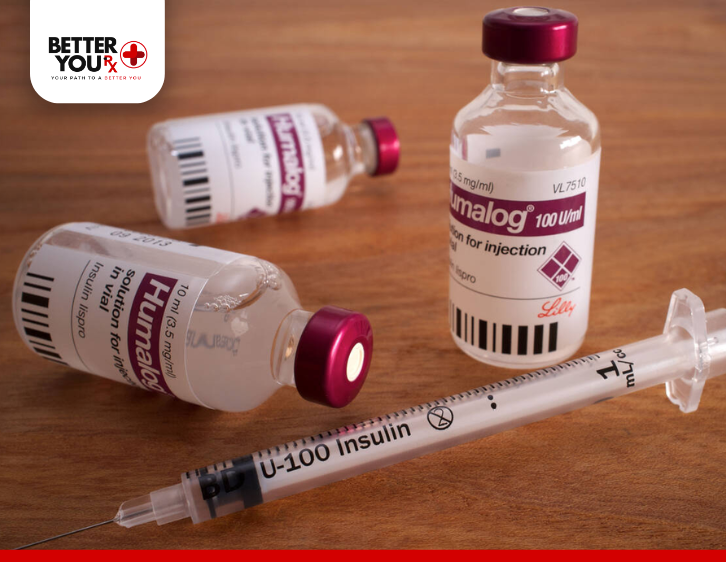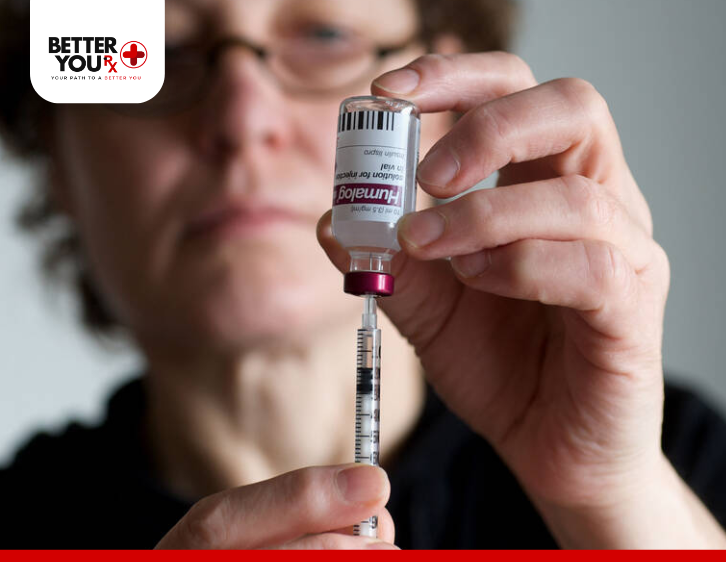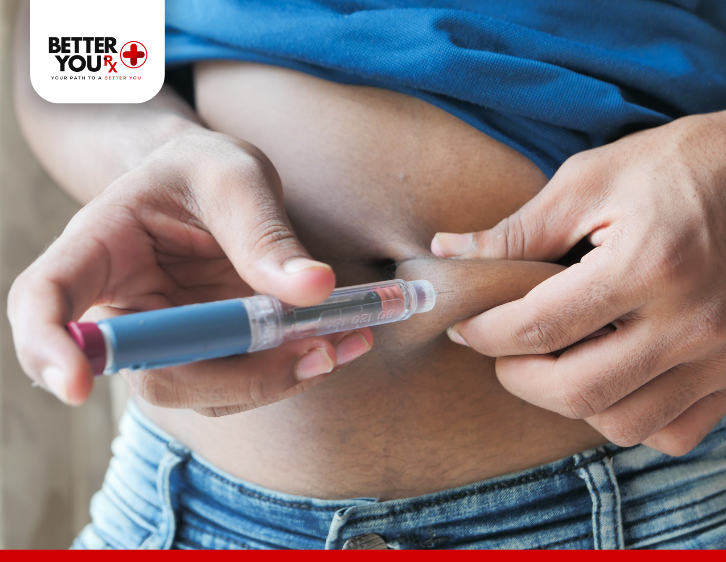Managing diabetes effectively requires careful attention to insulin therapy, and for many individuals, Humalog (insulin lispro) plays a crucial role. As a fast-acting insulin, Humalog helps control blood sugar levels after meals, making it an essential part of diabetes management for people with type 1 and type 2 diabetes. Understanding how much Humalog you can safely take in a day is vital for optimizing your treatment plan, preventing complications, and achieving better health outcomes. This article delves into the recommended dosages, factors influencing individual needs, and best practices for using Humalog effectively.
Understanding Humalog
Humalog is a synthetic form of insulin, specifically a rapid-acting insulin that begins to work quickly—typically within 15 minutes of injection. Its peak action occurs around 1 to 2 hours after administration, and its effects last for approximately 4 to 6 hours. This fast onset makes Humalog particularly effective for managing postprandial (after meal) blood glucose spikes.
Mechanism of Action
Humalog works by mimicking the body’s natural insulin response to food intake. It facilitates the uptake of glucose from the bloodstream into cells, where it is used for energy or stored for later use. By lowering blood sugar levels, Humalog helps prevent hyperglycemia (high blood sugar) and its associated complications.
Differences Between Humalog and Other Types of Insulin

Insulin is categorized into different types based on its duration and onset of action. Understanding these distinctions can help you better manage your diabetes:
- Rapid-Acting Insulin: Includes Humalog, with an onset of action within 15 minutes. It is primarily used for meal coverage.
- Short-Acting Insulin: Regular insulin, which takes about 30 minutes to begin working and lasts longer than rapid-acting insulins.
- Intermediate-Acting Insulin: Such as NPH insulin, which has a longer duration of action and is often used to provide basal insulin coverage.
- Long-Acting Insulin: Includes insulins like glargine and detemir, which provide a steady release of insulin over 24 hours, suitable for maintaining baseline insulin levels.
Recommended Dosage Guidelines
Determining the appropriate dosage of Humalog requires consideration of various factors, including your individual needs, lifestyle, and blood sugar goals. The following general guidelines can help:
General Dosing Recommendations
1. Type 1 Diabetes: For individuals with type 1 diabetes, Humalog is often used in conjunction with a long-acting insulin to create a basal-bolus regimen. A typical starting point might be 0.5 to 1 unit of total daily insulin per kilogram of body weight. The total daily dose is divided between long-acting and rapid-acting insulins, with Humalog primarily used for meal coverage.
2. Type 2 Diabetes: In individuals with type 2 diabetes, Humalog may be used alone or with other oral antidiabetic medications. Starting doses may vary, but typically range from 4 to 10 units before meals, with adjustments made based on blood sugar monitoring.
Individual Variability
It’s essential to remember that insulin needs can vary greatly from person to person. Factors influencing your Humalog dosage include:
- Age: Younger individuals may have different insulin sensitivity levels compared to older adults.
- Weight: Body weight can impact insulin requirements, with heavier individuals often needing higher doses.
- Activity Level: Increased physical activity can lower blood sugar levels, potentially requiring adjustments to your insulin dose.
- Diet: The types of foods consumed and meal timing can affect how much Humalog is needed to manage blood sugar effectively.
How to Determine Your Daily Dosage

Consulting Healthcare Professionals
The best way to establish a personalized dosage of Humalog is by working closely with your healthcare team. Regular check-ups and open communication are vital for adjusting your treatment plan as needed.
1. Initial Assessment: Your healthcare provider will assess your overall health, lifestyle, and blood glucose levels to determine a starting dose of Humalog.
2. Regular Monitoring: Continuous monitoring of your blood glucose levels is essential. Your provider may recommend adjusting your dosage based on your readings, ensuring optimal control.
3. A1C Goals: The American Diabetes Association recommends an A1C goal of less than 7% for most adults with diabetes. Your provider will help you tailor your Humalog dosage to achieve this target.
Blood Sugar Monitoring
Regularly checking your blood glucose levels is crucial for determining your Humalog dosage. Factors to consider include:
- Pre-Meal Blood Sugar Levels: Check your blood sugar before meals to gauge how much insulin is needed for coverage.
- Post-Meal Blood Sugar Levels: Monitoring your blood sugar 1-2 hours after meals helps you understand how well your Humalog is managing postprandial spikes.
Administration of Humalog

Best Practices for Administering Humalog
Proper administration of Humalog is vital for maximizing its effectiveness:
1. Timing: Administer Humalog approximately 15 minutes before meals to ensure that insulin is working when food enters your system. This schedule aids in effectively regulating blood sugar levels.
2. Method: Humalog can be injected subcutaneously (under the skin) using syringes, insulin pens, or insulin pumps. Each method has its advantages, so choose one that fits your lifestyle best.
3. Storage: Unopened Humalog vials or pens should be stored in the refrigerator. Once opened, they can be stored at room temperature for a maximum of 28 days. Avoid exposing insulin to extreme temperatures, as this can affect its potency.
Importance of Rotating Injection Sites
To prevent lipodystrophy (changes in fat tissue) and ensure consistent insulin absorption, it’s essential to rotate your injection sites. Use different areas of the body, such as the abdomen, thighs, or upper arms, and avoid injecting in the same spot repeatedly.
Signs of Overdose and Underdose
Symptoms of Humalog Overdose (Hypoglycemia)
Taking too much Humalog can result in hypoglycemia, a condition characterized by dangerously low blood sugar levels. Recognizing the symptoms of hypoglycemia is critical for prompt treatment. Common signs include:
- Shakiness or trembling is a frequently observed initial indicator of low blood sugar.
- Sweating: Excessive perspiration, especially if it occurs without physical exertion.
- Confusion or Difficulty Concentrating: Cognitive impairments can occur when blood sugar drops.
- Dizziness or Lightheadedness: A feeling of faintness or unsteadiness.
- Hunger: An intense craving for food, particularly sugary foods.
- Irritability: Mood swings or sudden irritability can signal low blood sugar levels.
- Rapid Heartbeat: An increased heart rate may accompany hypoglycemia.
If you experience any of these symptoms, it is vital to treat hypoglycemia immediately. Consuming fast-acting carbohydrates, such as glucose tablets, fruit juice, or regular soda, can quickly raise blood sugar levels.
Signs of Inadequate Dosing
Conversely, taking too little Humalog can lead to hyperglycemia, resulting in high blood sugar levels. Symptoms of inadequate dosing may include:
- Increased Thirst: A persistent feeling of thirst, often accompanied by dry mouth.
- Frequent Urination: Increased urination, which may be a sign of high blood sugar.
- Fatigue: Feeling excessively tired or lethargic can indicate elevated blood sugar levels.
- Blurred Vision: Changes in vision can occur when blood sugar levels are too high.
- Headaches: Persistent headaches may also signal hyperglycemia.
Regular blood glucose monitoring can help you identify when your dosage may need adjustment.
Adjusting Your Dosage
When and How to Adjust Your Humalog Dosage
Adjusting your Humalog dosage may be necessary based on various factors, including blood sugar readings, lifestyle changes, and overall health:
1. Changes in Weight: If you gain or lose weight, your insulin requirements may change. Consult with your healthcare provider for a reassessment.
2. Dietary Changes: A significant change in your meal plan or eating habits may necessitate adjustments to your Humalog dosage. Monitor how various foods impact your blood sugar levels.
3. Increased Physical Activity: Regular exercise can lower your blood sugar levels, potentially reducing your insulin needs. Monitor your blood sugar closely when starting a new exercise routine.
4. Illness or Stress: Physical stress from illness or emotional stress can impact blood sugar levels, leading to the need for dosage adjustments. Communicate with your healthcare team during these times for guidance.
Conclusion
Understanding the appropriate dosage of Humalog is essential for effective diabetes management. Individual insulin needs can vary significantly based on factors such as age, weight, activity level, and diet. Working closely with your healthcare team, monitoring your blood sugar regularly, and adjusting your dosage as needed will help you maintain optimal blood sugar control and overall health.
As you navigate your diabetes management journey, remember that you are not alone. Utilizing the support and resources available can empower you to make informed decisions regarding your treatment plan.
How Better You Rx Can Support Your Journey
At Better You Rx, we are dedicated to providing affordable medications, including Humalog, to support your diabetes management. With our commitment to accessibility and quality, you can find the medications you need without the hassle of insurance issues. Whether you are looking for Humalog or other diabetes care resources, Better You Rx is here to assist you every step of the way, ensuring you have the tools to achieve your health goals.



